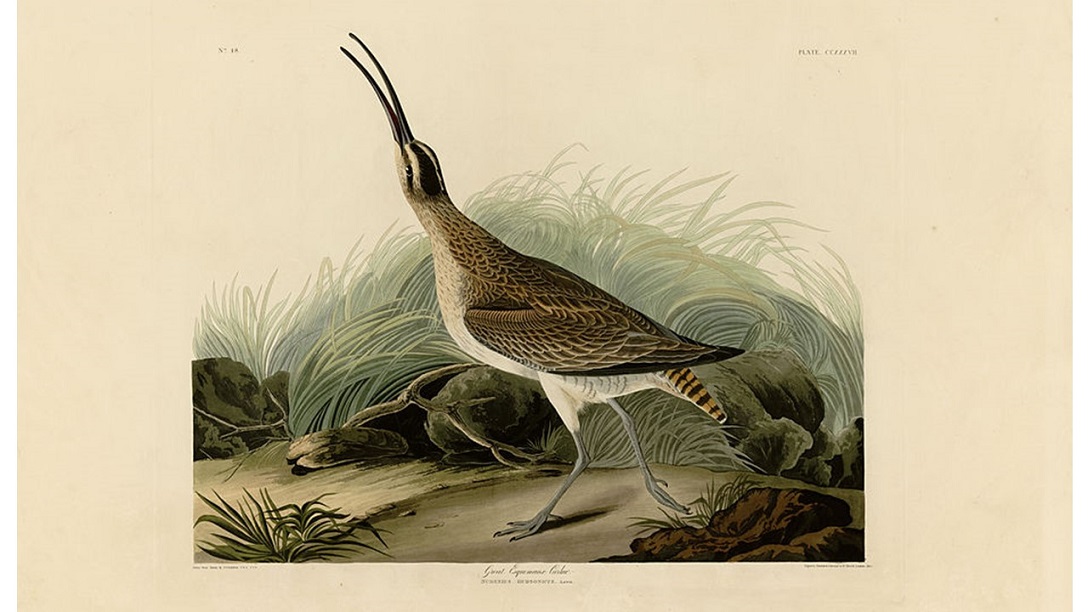.
Melodious Curlew
Melodious curlew mottled brown and bister,
No longer raise your crescent-shapen beak
Towards the waning moon, to which you shriek
That harmony which haunts the twilight’s glister;
Your love, though flown afar since last you kissed her
Beneath the heathy hills along the creek,
Has parted on migration’s path to seek
A clime more suitable to you, her mister;
So cease your sighs, and fly with outspread feather
Against the autumn gusts, until you soar
Above that barren, leafy-bedded floor,
Where she awaits your warmth ‘midst cooling weather;
And leave it to my flightless self alone
To cry the curlew’s melancholic moan.
.
.
Daniel Joseph Howard studied law in his native Ireland before taking his MA in philosophy at King’s College London. After working in the European Commission, he is now pursuing a PhD in Philosophy at Boston College.















Lovely. A most “melodious” poem, with a beautiful final two lines. Thank you for the pleasure of reading it.
Many thanks, jd
A heart felt melancholy sweeps through when reading this, as I reflect upon the call of the Curlew from years ago, and which is now very rarely heard across our wetlands in Ireland. A touching poem, beautifully scripted. Thank you.
What a great name for a bird ! One of many excellent word choices in the poem. I especially appreciate the rhymes “bister” / “glister” / “kissed her” / “mister” for their mix of the rare and the mundane. The “flightless self” is a nice touch, and I love the last line, where the verb “cry” takes an unexpected direct object, “the curlew’s melancholic moan.” Clearly, the birds are an allegory – an example of what the poem’s speaker cannot do: fly to his love. This impossible flight is nonetheless realized symbolically, in and through the sonnet.
Spot on with your interpretation, Michael. Glad that you enjoyed the more unconventional rhymes.
Smoothly reading and melodiously rhyming comparison of bird to poet, with clever concealment of how it all works until the final couplet–when it becomes more of a love poem than a bird poem. Still, this vignette of a wader little noticed by writers deserves a place in any collection of bird poetry.
Dear Margaret, thank you for your kind comment. Perhaps it is so little noticed by writers because, as David mentioned, the curlew is rarely heard across Ireland nowadays.
Thank you for your comment, David. I’m glad to hear that it brought back an old memory of hearing the curlew’s call.
This is a pleasure to read…a beautiful sonnet. Thank you!
Thank you Lucia, I’m glad to know that you enjoyed it!